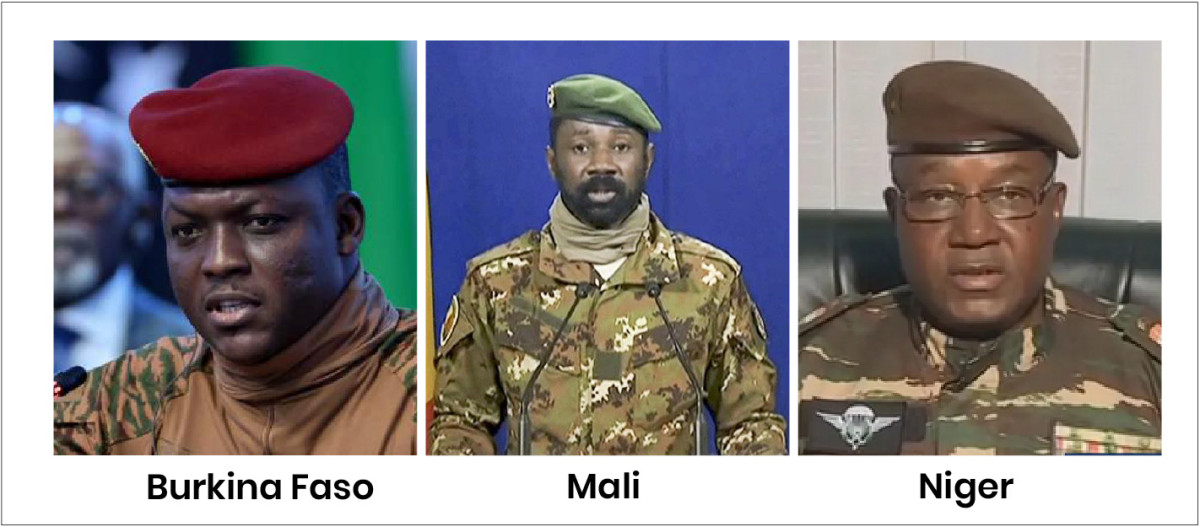ECOWAS (Economic Community of West African States) Falling apart
On January 28, 2024, a tremor shook the foundations of West African unity as Niger, Mali, and Burkina Faso, all led by military juntas, announced their withdrawal from the Economic Community of West African States (ECOWAS). This dramatic move throws the regional bloc into uncertainty and raises several questions – why did these countries leave, and what are the potential consequences?

Underlying Tensions and Broken Trust:
The decision didn’t emerge from a vacuum. All three nations have been embroiled in internal political turmoil, with military overthrows in recent years. ECOWAS responded by suspending them and imposing sanctions, demanding swift returns to civilian rule. These actions strained relations, with the juntas viewing them as infringements on sovereignty and attempts at external interference.
Accusations of “Bad Faith”:
Niger’s Prime Minister, Ali Mahaman Lamine Zeine, openly criticized ECOWAS, citing “bad faith” within the organization. This sentiment reflects a broader perception among the juntas that ECOWAS unfairly targets military governments despite similar situations existing in other member states. They argue the pressure for quick democratization disregards their unique security challenges, particularly the fight against jihadist insurgencies.
Seeking Alternative Partnerships?
The withdrawal could signal a strategic shift by the three countries. Niger, Mali, and Burkina Faso share security concerns and have recently formed a tripartite military force to combat terrorism. Leaving ECOWAS might pave the way for closer collaboration with other regional powers or international actors with less stringent democracy requirements.
Potential Fallout and Uncertain Future:
The immediate impact is a weakened ECOWAS, its unity and influence challenged. Trade and economic cooperation could be disrupted, potentially harming all member states. The long-term effects are unpredictable. The juntas might face increased isolation and pressure from external actors, while regional instability could worsen. Conversely, they could find alternative partnerships that bolster their legitimacy and military capabilities.
A Delicate Balancing Act:
The situation demands a nuanced approach. The international community must urge dialogue and find common ground with the juntas while upholding democratic principles. ECOWAS needs to reassess its strategies and find a way to address both democratic concerns and legitimate security anxieties. Only then can West Africa achieve sustainable peace and development for all its members.